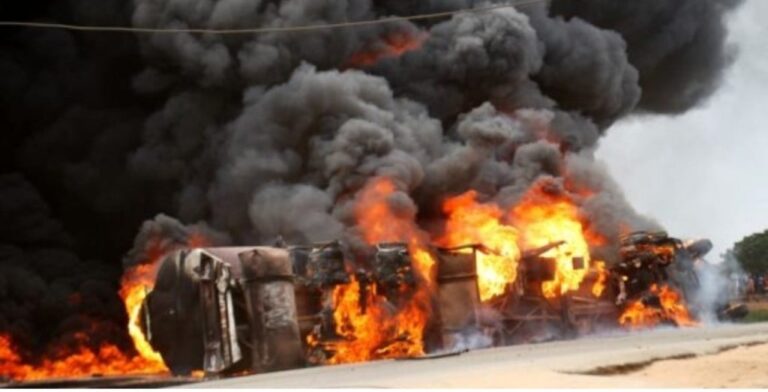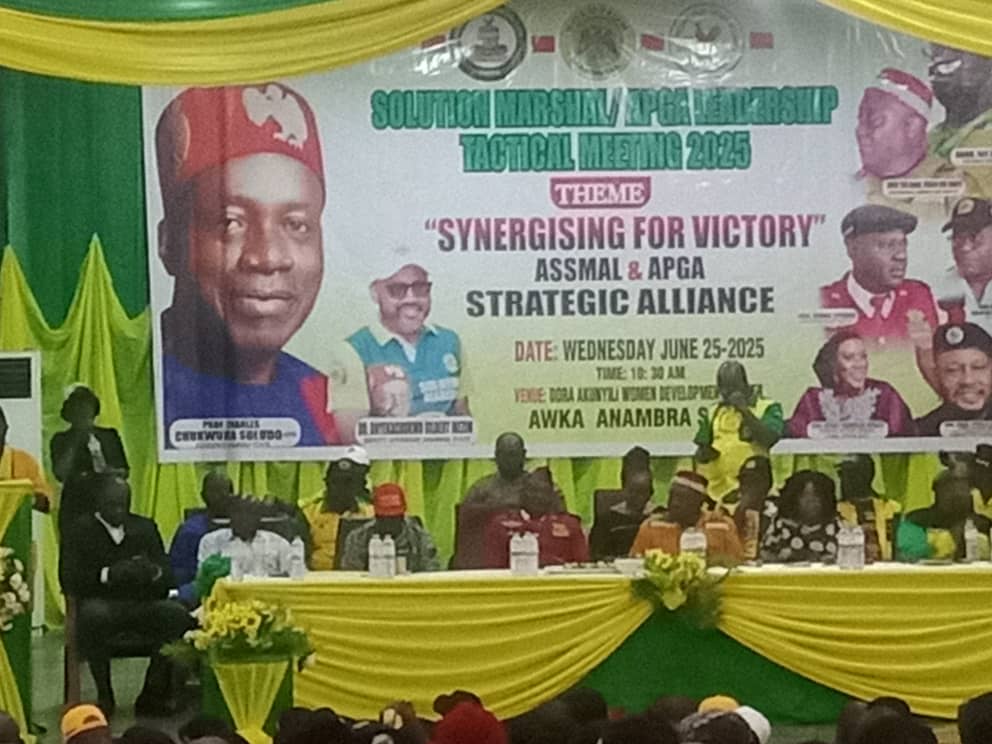House committee praises FAAN for fostering safety culture

The House of Representatives Committee on Safety Standards and Regulations on Wednesday praised the Federal Airports Authority of Nigeria (FAAN) for fostering safety culture among aviation stakeholders.
The Chairman of the committee, Mr David Zacharias, made the commendation at the grand finale of FAAN 2025 Safety Week in Lagos.
Zacharias, however, noted that safety was a continuous process, urging that areas of improvement should be identified.
He encouraged FAAN to sustain partnership with government agencies, airline operators and aviation professionals to advance Nigeria’s commitment to global best practices in aviation safety.
According to him, the committee has begun legislative processes on Occupational Safety and Health Bill.
He said the National Assembly, through the committee, remained steadfast in supporting all initiatives aimed at strengthening safety standards, improving regulatory compliance, and promoting welfare of workers in the aviation industry and other sectors.
“In view of the above, the committee has commenced legislative processes on Occupational Safety and Health (OSH) Bill.
*Also, a motion has scaled through on the floor of the House of Representatives to have a dedicated Budget Line for OSH activities across all MDAs. This is a call to be part of this movement,” he said.
The Managing Director of FAAN, Mrs Olubunmi Kuku, said that although the aviation industry was technically sound and highly regulated, it was increasingly confronting behavioural and interpersonal challenges.
Kuku said that incidents involving unruly passengers, staff conflicts, stakeholders tensions and non-compliance with safety protocols threaten to undermine progress earned on safety and service excellence.
Kuku was represented by the Director of Human Resources and Administration at FAAN, Dr Luqman Emiola.
She restated FAAN’s commitment to training frontline personnel in conflict de-escalation and behavioural awareness.
Kuku highlighted other steps taken by FAAN to include strengthening inter-agency collaboration to ensure clarity or roles and unified responses to conflict, as well as fostering a culture of respect, professionalism and accountability across all airports.
Kuku called for stakeholder unity, saying that no organisation could build safety in isolation.
“Safety is collective; we must shift from isolated efforts to integrated safety strategies, where security agencies, airlines, handlers, concessionaires, unions and the regulator work in complete synergy.
“I urge all stakeholders to view this forum as a renewed call to action, to stand united against threats to operational harmony, and to speak with one voice on safety,” she said.
The Managing Director, Nigerian Airspace Management Agency (NAMA), Dr Farouk Umah, said that sustainable safety could not be achieved through technology alone but with the right mindset, leadership and teamwork.
Umah, represented by Mr Tayo John, Director of Air Traffic Services at NAMA, said that the agency remained committed to strengthening safety management systems and a just culture.
He said that NAMA was also enhancing collaborative decision-making across stakeholders and deepening training and mentorship for air traffic professionals.
He urged aviation stakeholders to continue to work together to ensure that Nigeria’s aviation system would remain one of the safest and most reliable in Africa.
In her welcome address, the General Manager, Safety Services, FAAN, Mrs Ifeoma Mba, said that safety had defined FAAN’s culture, shaped its operations, and sustained public trust in the country’s airports.
According to Mba, every risk identified, every unsafe act corrected and every standard upheld contributes to the prevention of incidents and accidents.
In his keymote address, Mr Yakunu Datti, a former General Manager, Corporate Affairs Department, FAAN, said that aviation was complex and relied on precision, coordination and human cooperation.
According to Datti, beneath the technological sophistication of aircraft and the rigour of safety standards lies a fundamental truth that conflict is inevitable.
He said that the issue was not presence of conflict but how to manage and navigate it to enhance safety, efficiency and trust within the aviation ecosystem.
Datti recommended emotional intelligence- led conflict navigation model.
He called for collaboration, compromise and accomodation in conflict management.
8th NDIS’ Diaspora Positioned Investors as Key Catalyst for Nigeria’s Innovation Growth
The event had the theme: “Navigating Conflict for a Safer Aviation”.
Aviation industry stakeholders, including airport security organisations and airline operators were represented at the event.





